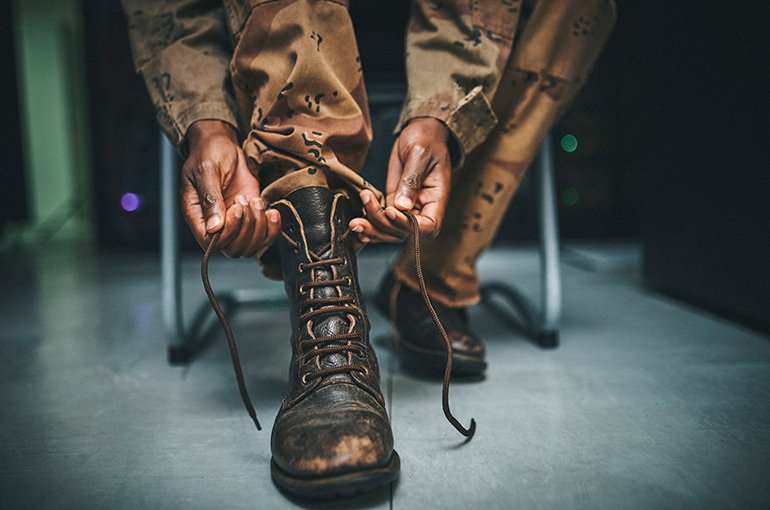The coups in Africa have a common factor: “This is not what they wanted, but it is what they got”
Frank Gerits in The Conversation

In the past three years, five coups have taken place in Africa. A common factor between most of these coups is hostility towards France, a former colonial power. Assistant Professor Frank Gerits has written in more detail about the underlying cause of these coups, and the role of French president Emmanuel Macron.
Neoliberalism
The perpetrators of the coups have cited the ‘overbearing influence’ of France among their justifications, Gerits writes. Macron is heavy on French influence in military affairs and France is the only former colonial power to still have military bases in some African countries.
On top of that, Macron has pivoted away from personal relationships with African leaders in favour of entrepreneurship, in accordance with his neoliberal beliefs. Instead of big structural change, France is promoting start-ups and youth training. “This is not what Africans wanted, but it is what they got”, according to Gerits.
Big structural change
“In the past, the fires of African instability and anti-French sentiment were fanned by the French underdelivering on their promises of big structural change”, Gerits writes. Today, the opposite is true. The demands of big structural change by African leaders are not met by the entrepreneurship Macron is in favour of. “What has changed is that Macron has unknowingly confirmed African suspicions about his intentions: he never wanted to change economic structures.”
The new people in power are therefore not only positioning themselves as the ones who stepped up to do what politicians won’t do. “They are also claiming they want a new ideological direction for their countries.”

